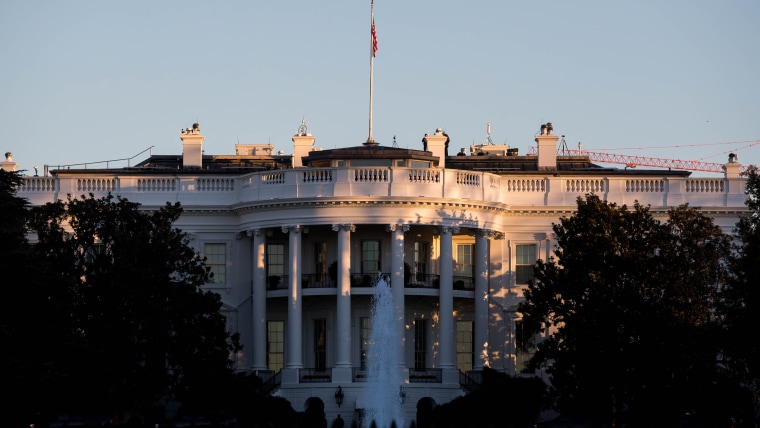Just before 10 p.m. (ET) last night, White House Press Secretary Sean Spicer issued a rather striking statement about developments in Syria, which raised the prospect of further U.S. military intervention. The entire statement, which Rachel highlighted at the end of last night's show, read as follows:
"The United States has identified potential preparations for another chemical weapons attack by the Assad regime that would likely result in the mass murder of civilians, including innocent children. The activities are similar to preparations the regime made before its April 4, 2017 chemical weapons attack."As we have previously stated, the United States is in Syria to eliminate the Islamic State of Iraq and Syria. If, however, Mr. Assad conducts another mass murder attack using chemical weapons, he and his military will pay a heavy price."
Taken at face value, this suggests the Trump administration received intelligence pointing to a possible chemical-weapons attack, being considered by Syria's Assad government, and the statement was intended to serve as a warning.
The trouble is, it's become increasingly difficult to take what Team Trump says at face value. BuzzFeed reported last night, for example, that several Pentagon sources didn't know what the White House was referring to, and one U.S. Central Command official said he/she had "no idea" what Spicer's statement was about. The same report said statements like these are usually "coordinated across the national security agencies and departments before they are released," but this one was not.
NBC News had a similar report, citing defense, military, and intelligence officials who were "caught off guard by the White House statement." One responded, "I don't know what the [White House] statement is."
Often these kinds of statements are accompanied by some kind of press briefing, in which supporting information is presented to reporters, but there was no such effort last night.
At least so far this morning, Donald Trump published a variety of tweets, nearly all of which promoted Fox News, and none of which referenced his White House's warning to Syria about chemical weapons.
I should note that it's entirely possible that last night's statement from Sean Spicer was legitimate and based on real information. Given what we currently know, it's also possible that we should be skeptical of the White House's claims.
This is the challenge of Americans having a president whose word isn't reliable. Trump's track record of brazenly lying, about matters large and small, is well documented, and the result is a dangerous crisis of credibility.
We shouldn't have conditions in which a White House issues a public warning about a possible chemical-weapons attack, and Americans have no idea whether to believe the warning or not. And yet, here we are.
